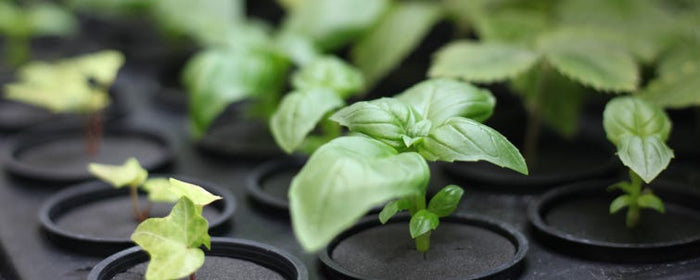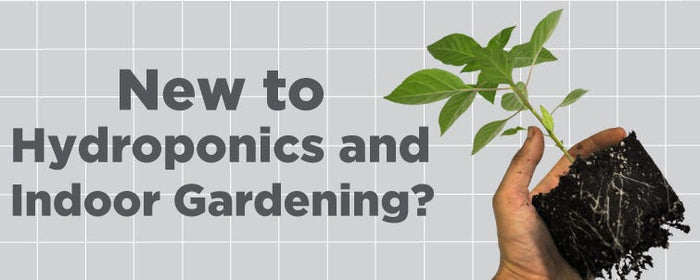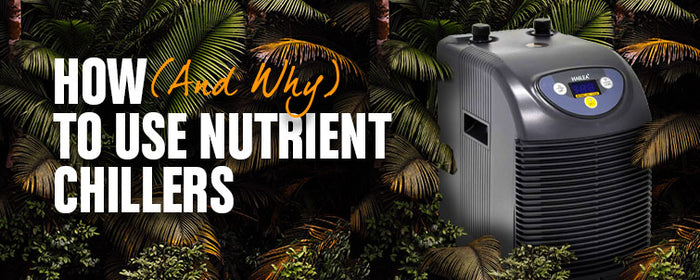
Water, Water Hardness, pH and Feeds
Not all water's created equal. Your water type has a big impact on the feed you need, and how you manage your pH. Here's what you need to know.

Water Source
For most growers, tap water is best. It's clean, bug-free and bacteria-free.
Just remember to get rid of excess chlorine though.
Unless you do this, excess chlorine can sometimes make the leaves twist and contort out of shape.
You can leave a bucket of water to stand for 24 hours and excess chlorine will dissipate. Or, you can use an RO filter.
- Do not use de-ionised or distilled water
- Always choose tap water over rain or well water

Is my water hard or soft?
To work out how hard your water is, look at your pH.
The more minerals in your water, the harder it is, the higher the pH.
- Soft water typical has a low pH
- Hard water typically has a high pH
If your pH is below 7.8, use a soft water or universal feed. If it's higher, you can use a hard water feed to help bring your pH down.
Soft Water Feeds
If your pH is below 7.8, then you should probably only use a soft water or universal nutrient.
Since your pH is already quite low, soft water feeds do not generally affect the pH of your nutrient solution. You will probably need to tweak it yourself
- Soft water feeds – SHOGUN Samurai Hydro (SW) Vita Link Max (SW), Canna Hydro (SW), GH Flora (SW), Ionic (SW), Formulex.
Hard Water Feeds
Hard water feeds are only for people with very hard water with
- a CF of 8 (EC 0.8)
- 500ppm or more
- a pH of about 7.8 or above
Since your pH is high, hard water feeds reduce the pH of the final nutrient solution. This means you will need less pH Down to get to pH 6.
- Hard water feeds – SHOGUN Samurai Hydro (HW), Canna Hydro (HW), , GH Flora (HW), Ionic (HW), Vita Link Max (HW), Vita Link Easy (HW)
| Note: |
|---|
| Don't tweak your pH until after you've added your nutrient - if you're lucky, you won't need to add it at all. |
Universal Feeds
Universal formulations (like Canna Aqua & Genesis) work well in any water.
They do cause the pH of your nutrient solution to drop slightly. In very soft water, where the pH is already very low, so can be a bit of a problem.You may need to tweak your pH with pH Up.
Aqua is especially susceptible to problems in very hard or very soft water - so we only recommend using it if you have mid-range water hardness where there's more room for your pH to drop.
- Universal feeds – Canna Aqua, Genesis Nutrients.
Soil Feeds
Your pH doesn't really matter in soil,. Soil is great at buffering your pH, and nutrients are available across a wider pH range. In fact, tweaking your pH can do more harm than goo - it only adds unnecessary elements to your feed.
As a result, there are no hard water and soft water soil feeds - just universal ones, which will work well in all types of water.
- Soil Feeds - Biobizz Nutrients, Gold Label Soil, SHOGUN Samurai Terra, Canna Terra, VitaLink Earth Max, Canna Bio
pH Adjustments
The best pH for nutrient absorption is between 5.5 to 6.5.
In re-circulating hydro systems, make sure you are inside this range when you first mix your nutrient solution.

As plants use nutrients, the pH will generally rise, so keep your eye on your pH.
Avoid adjusting the pH every day, even if it drifts slightly out of range. Adding too much pH down can do more harm than good.
If you need lots of pH Down, but your water's not quite hard enough for hard water feeds, try using Nitric Acid as a pH Down in veg growth. You need to use more of it, but don't be alarmed - it has a smaller effect on your nutrient solution.
Or you can try swapping to a universal formula on your next crop.
| Note: |
|---|
| Do not adjust pH of water or feed solutions for soil or compost |
pH in Rockwool
For the first few days growing in rockwool cubes or slabs, the rockwool will drive the pH of the solution up until it settles down.
Before use, soak your slabs for 24 hours in a pH 5.5 nutrient solution solution (appropriate nutrient strength). This'll help stabilize it.





